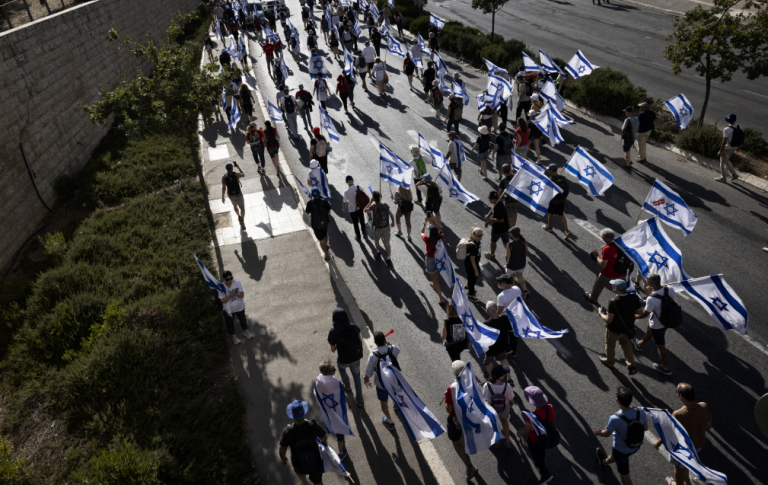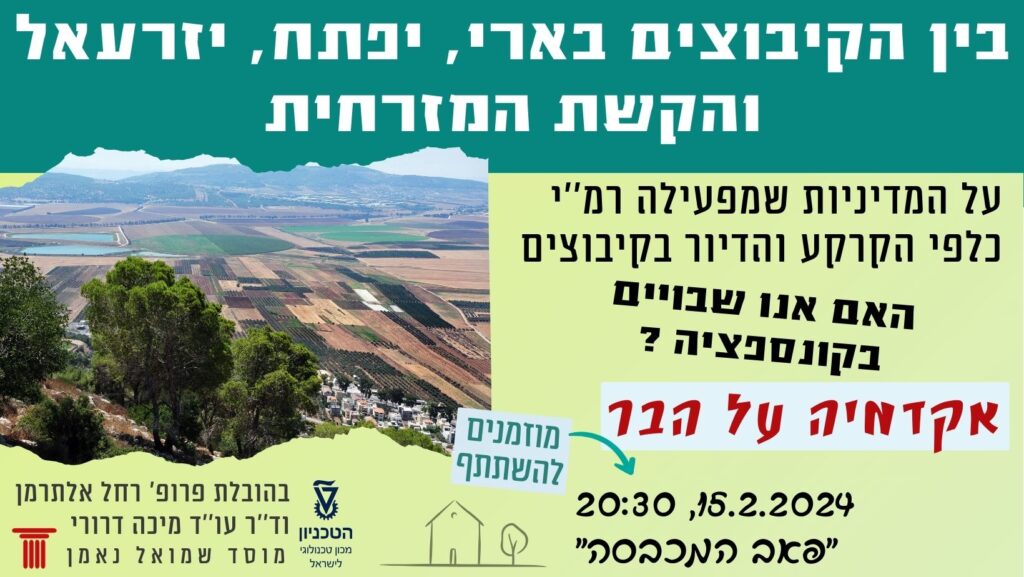Democracy is not only an essential infrastructure during normal times; in fact, safeguarding it becomes even more crucial during times of emergency. This document explores the intricate relationships between democracy, individual rights and emergencies. The authors acknowledge that acute crises, like natural disasters, pandemics or wars, may warrant deviations from both the formal facet of democracy – decision-making processes, and its substantive facet – individual freedoms, to enable a swift containment of the disaster and restoration of normalcy. However, the true strength of democracy lies in safeguarding individual rights during emergencies, and maintaining democratic principles can actually generate a faster and more effective exit from the crisis.Democracy is not only an essential infrastructure during normal times; in fact, safeguarding it becomes even more crucial during times of emergency.
This document explores the intricate relationships between democracy, individual rights and emergencies. The authors acknowledge that acute crises, like natural disasters, pandemics or wars, may warrant deviations from both the formal facet of democracy – decision-making processes, and its substantive facet – individual freedoms, to enable a swift containment of the disaster and restoration of normalcy. However, the true strength of democracy lies in safeguarding individual rights during emergencies, and maintaining democratic principles can actually generate a faster and more effective exit from the crisis.
The authors contend that violations of individual rights and deviations from normal-times decision-making protocols during emergencies are justifiable only under specific conditions:
- The action is esstential to mitigate the emergency and it must significantly advance an immediate need;
- The benefit must outweigh harm to public interests and infringement on individual rights;
- There must be no effective alternative less damaging to individual rights or democratic decision-making processes;
- The action must maintain equality before the law, not discriminating between different groups in society.
Furthermore, the document contends that the absence of appropriate doctrine, backed by comprehensive legislation and permanent institutions in Israel for preparation, management, and recovery from states of emergency contributes to greater infringements of individual rights and hampers effective crisis management.
In the particular context of the “Iron Swords” war, the document provides specific recommendations for:
- Government decision-making processes during a state of emergency;
- The preservation of civil and political rights, including freedom of speech, the right to demonstrate, the right to access information, the right to privacy and the right to equality;
- Safeguarding socio-economic rights and ensuring fulfilments by the state of its duties in providing housing, education, health, and mental health services.
Professor Eli Salzberger talks about the reseach in a new Podcast (in Hebrew)












